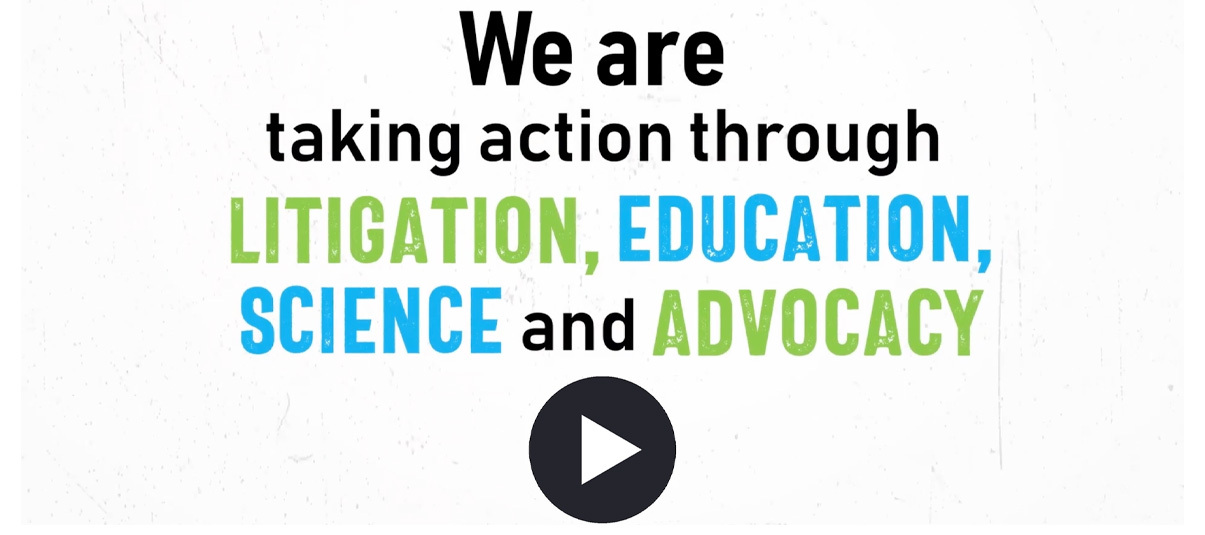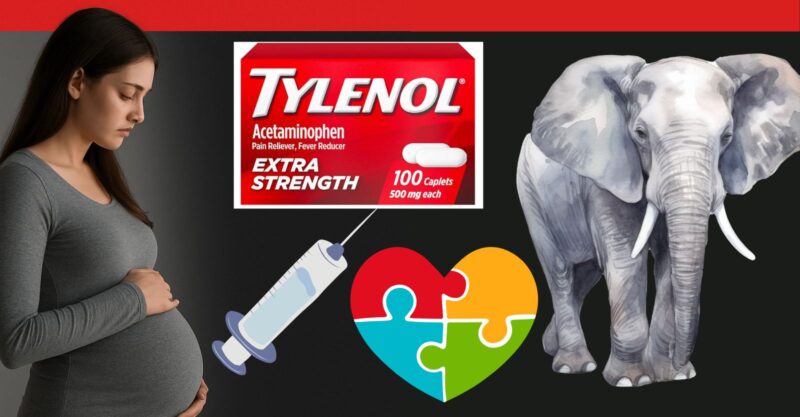Tylenol in Pregnancy & Autism: What Health Canada Ignores, U.S. Studies Reveal
Trump’s Warning and Emerging Research
As part of HHS Secretary Kennedy’s plan to tackle the autism epidemic, U.S. President Donald Trump recently advised pregnant women to avoid Tylenol during pregnancy, citing research that its active ingredient, acetaminophen, may be linked to higher risks of autism and ADHD in children. The White House emphasized that if acetaminophen is necessary, it should be taken at the lowest effective dose for the shortest duration.
This unprecedented warning reflects decades of accumulating evidence from institutions such as Harvard, Mount Sinai and Johns Hopkins, all of which have reported associations between prenatal acetaminophen exposure and neurodevelopmental disorders.
Health Canada’s Position Under Scrutiny
Despite U.S. warnings and mounting international evidence, Health Canada insists there is no conclusive proof that acetaminophen use in pregnancy causes autism or ADHD. The agency continues to list it as the recommended pain and fever treatment for pregnant women, provided it is used sparingly.
Critics argue this position echoes pharmaceutical talking points and downplays legitimate safety concerns. By dismissing growing scientific evidence, Health Canada risks leaving Canadian families in the dark about preventable harms.
Scientific Studies Raise Red Flags
A growing body of research contradicts Health Canada’s assurances:
✅ Harvard (2016, JAMA Pediatrics) — Danish National Birth Cohort (64,000 mother–child pairs). Found prenatal acetaminophen exposure associated with increased ADHD-like behaviors and hyperkinetic disorders.
✅ Nurses’ Health Study II (2022) — Over 25,000 mothers. Frequent prenatal acetaminophen use linked to higher risk of autism and ADHD.
✅ Johns Hopkins Boston Birth Cohort (2019) — Nearly 1,000 umbilical cord blood samples analyzed. Children with the highest acetaminophen exposure were three times more likely to develop autism or ADHD.
✅ American Journal of Epidemiology (2019) — Almost 9,000 children studied. Prenatal acetaminophen linked to increased autism and ADHD.
✅ BMC Environmental Health Review (2025) — Review of 46 studies; most high-quality studies showed associations between acetaminophen and autism/ADHD.
✅ Canadian Birth Cohort (2022) – Prenatal acetaminophen linked to birth outcomes.
✅ Mount Sinai Study (2025) Supports Evidence That Prenatal Acetaminophen Use May Be Linked to Increased Risk of Autism & ADHD
✅ Consensus Statement (2021) — 91 scientists from around the world concluded that acetaminophen is an endocrine disruptor, crosses the placenta, and poses risks to neurodevelopment.
Together, these studies support the precautionary principle: minimizing exposure could reduce the risk of life-altering outcomes. Some experts suggest that supporting antioxidant and detoxification pathways with agents such as folinic acid (Leucovorin) may help mitigate oxidative stress, though avoiding unnecessary acetaminophen remains the most effective precaution.
Glutathione Depletion and Infant Vulnerability
Acetaminophen is known to deplete glutathione, a vital antioxidant needed to neutralize toxins and manage oxidative stress. Research shows this depletion can be especially dangerous during prenatal and early childhood development, when detoxification systems are immature.
Infants with genetic or environmental vulnerabilities — including exposure to vaccines, aluminum adjuvants, glyphosate and heavy metals — may be at even higher risk of neurological damage when acetaminophen is added to the mix.
The Elephant in the Room
CHD’s Chief Scientific Officer Brian Hooker, Ph.D., caution that acetaminophen may not act alone. Instead, it may be a co-factor in a broader web of toxic exposures — from pharmaceuticals to environmental chemicals — that together contribute to the autism epidemic.
Hooker stresses that while acetaminophen is a risk factor, ignoring other drivers like vaccines and environmental contaminants is reckless. “Our children deserve much better,” he warns.
Manufacturer’s Mixed Messages
In 2017, Tylenol’s parent company, now Kenvue, posted a message on X advising against Tylenol use during pregnancy — a statement that resurfaced this week. The company has since claimed the post was taken out of context, insisting that acetaminophen remains the “safest option” in pregnancy when used as directed. This contradiction has only fueled public distrust.

Key Takeaways for Parents
-
Emerging research links prenatal acetaminophen use to autism and ADHD.
-
Health Canada continues to dismiss these risks, siding with industry rather than precaution.
-
Not all children metabolize acetaminophen effectively, leaving some especially vulnerable.
-
Environmental and pharmaceutical exposures may magnify risks.
-
Parents deserve the truth — and the right to make fully informed choices to protect their children.
Sources:
Epoch Times; Health Canada Says Tylenol Safe During Pregnancy, Rebuffs US FDA Autism Concerns
Brian Hooker, PhD, Sayer Ji Substack: Yes, Prenatal Acetaminophen Use Can Cause Autism, but let’s quit ignoring the elephant in the living room…
CHD’s The Defender: Media Claims ‘No Science’ Linking Tylenol to Autism — But Studies by Major Medical Institutions Raise Red Flags
***********************************************************************************************************************

